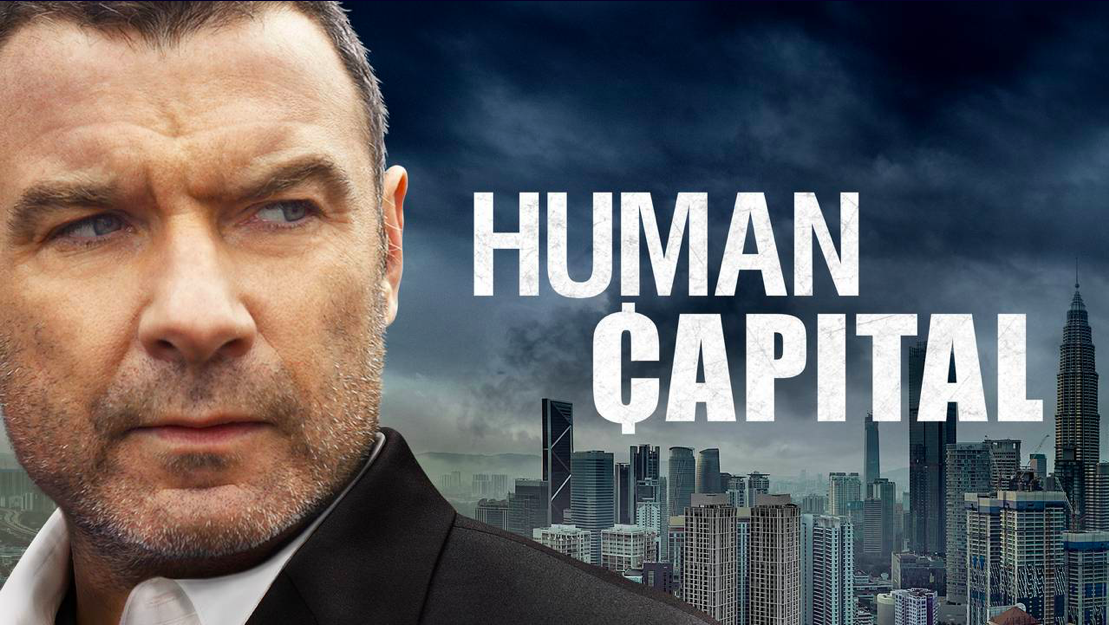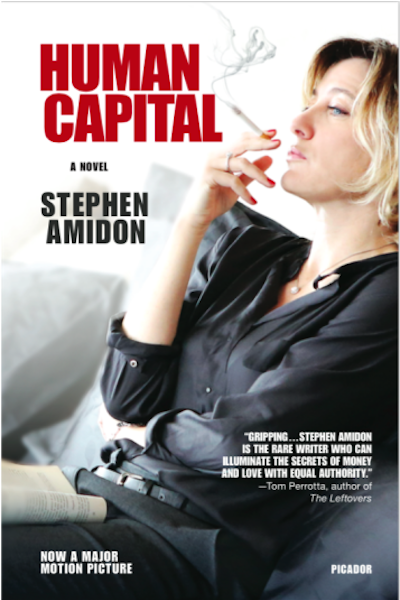|
Il capitale umano, Paolo Virzì's brilliant adaptation of Human Capital, is still going strong eight years after its release.
Compiled by Antonella Pinelli, here is City Life Anteo's list of the 10 best films about finance. The list includes gems such as Adam McKay's The Big Short and J. C. Candor's Margin Call. In fact, you should check out any you haven't seen. Watch Il capital umano on Amazon Prime. If you haven't read Human Capital, what are you waiting for? COVID-19 meant the March 2020 theatrical release of Marc Meyers' version of Human Capital didn't happen. Now the movie has made its way to HBO MAX, so tune in to see the novel's characters back on their home turf after the highly successful Italian adaptation by Paolo Virzi, il capitale umano.
Today sees the release of the movie tie-in version of Human Capital, and on 14th Jan, the film begins its American theatrical release at Film Forum in New York. Below is an interview by Cheri Passell, director of the excellent I Love Italian Movies. B & N Book Blog |
What's going on Archives
July 2024
Categories
All
|




 RSS Feed
RSS Feed